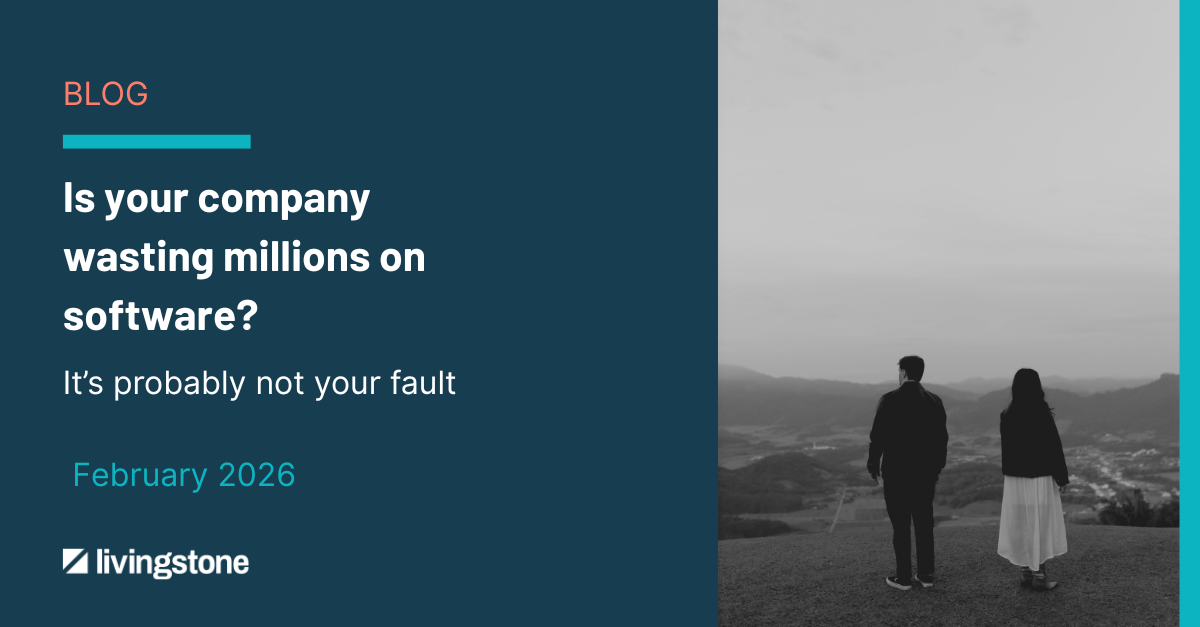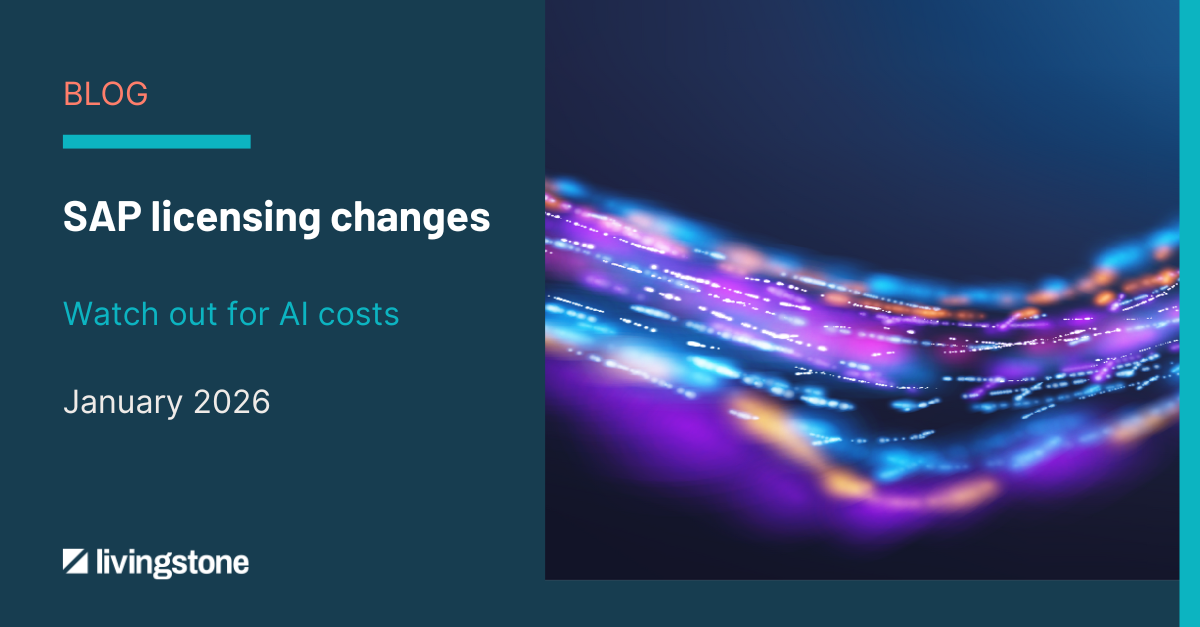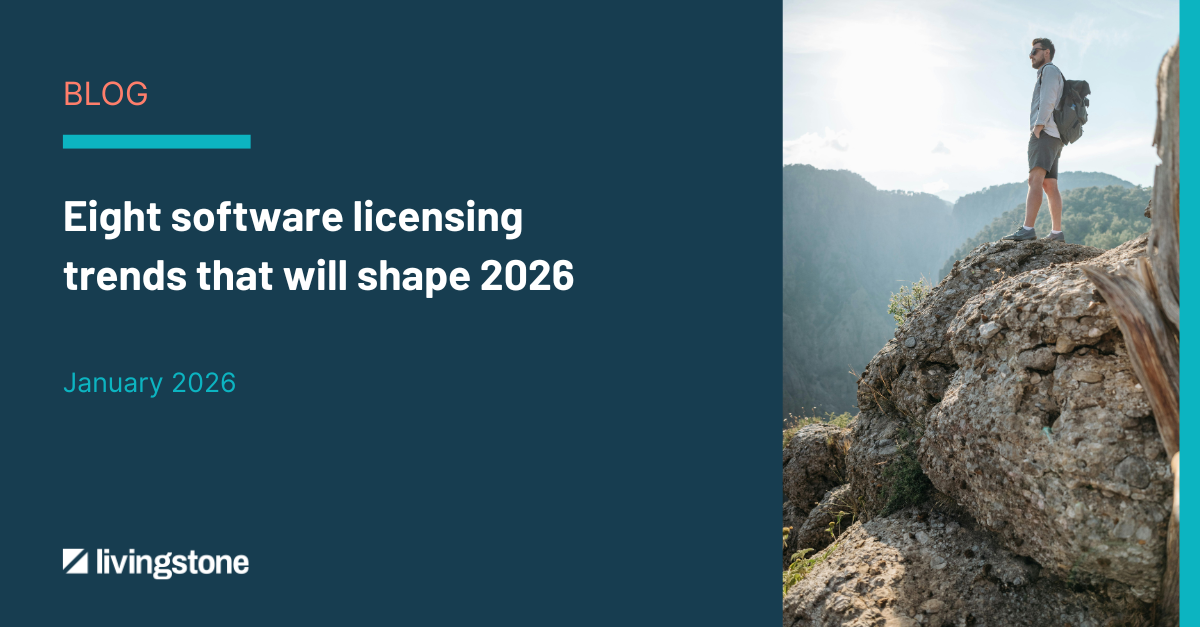Understanding the type of Oracle licenses you own and their use rights is the starting point to any compliance evaluation. Not having a clear picture of what type of licenses your company has can easily lead to a compliance exposure due to an impossibility to allocate the owned licenses against the actual use of Oracle programs in your company. In this article we explore the different Oracle license types or levels available.

What are the different Oracle license types/levels?
Oracle licenses are sold under multiple license types or levels, each with their own use rights and limitations. We can differentiate between the following license types:
-
Full Use
While the Full Use license includes full functionality of the product, it doesn’t mean that it can be used in every environment in any type of scenario. The license will still be bound by the other clauses from the Oracle contract. As such, in a standard Oracle agreement, even a Full Use license can only be used for the Oracle customer’s internal business operations. The customer is not allowed to use the licensed programs for the internal business operations of any other entity (no 3rd party access rights).
-
Application Specific Full Use (ASFU)
An Application Specific Full Use license is sold by an Oracle Partner (and Independent Software Vendor) together with their application. The ASFU license is specific to run only with the defined application and may come with additional restrictions as well.
-
Embedded (EMB)
Similarly to the ASFU license, an Embedded License is sold by an Oracle Partner (ISV) who embeds the Oracle product (usually the Oracle Database) into their application. The EMB license can only be used with the defined application and has further restrictions on install, package, configure and access.
-
Restricted Use
First of all, note that in the Oracle licensing world, a Restricted Use license and a Limited Use license are NOT the same thing.
Many Oracle products (for easier identification, we will call them Parent Products) require other Oracle products (Underlying Products) to run as they were designed. Certain functionalities from a product (the Underlying Product) might be needed by a different product (the Parent Product), and if only a small part of the Underlying Product is needed, Oracle gives you those functionalities for free together with the Parent Product you’ve purchased.
Key aspects for differentiation:
- A Restricted Use license doesn’t include all the functionalities of the Underlying Product, but only a specific set which is usually defined in the Licensing Information User Manual, under the Parent Product.
- The installation of the Parent Product can include the whole Underlying Product, so you can use the restricted Underlying Product outside of the boundaries of the Restricted Use License, which could trigger a compliance issue.
- A customer does not buy a Restricted Use license.
- A Restricted Use license will NOT appear in a customer’s license inventory as it is included in the Parent Product license.
-
Limited Use
Sometimes, when customers want to acquire a license at a cheaper cost, they agree to contractually add certain use conditions/limitations to their licenses through a “Limited Use” clause. So, instead of Full Use licenses, these become Limited Use licenses, to be used only as agreed with Oracle and as specified in the Oracle Ordering Document under which they were acquired.
Key aspects for differentiation:
- A Limited Use license usually includes all the functionalities of the product, unless otherwise specified in the Limited Use clause.
- A customer buys a Limited Use license.
- A Limited Use license will appear in a customer’s license inventory.
-
Hosting
When licenses are used for the internal business operations of a third party, Oracle classifies this type of activity as hosting, and additional rights need to be added in the contract to expand the license right of use and allow the providing of internet hosting services to end users, thus reflecting the usage of the 3rd parties.
By “Hosting company” Oracle refers to “a company that operates in a Service Bureau, Hosting or any other 3rd party relationship where Oracle grants a right to a company to use licenses to host or manage Oracle program. A hosting company for Oracle's business purposes is defined as a company providing commercially available applications or services to multiple end users which includes access to Oracle programs and/or processing of customers data using the Oracle programs”.
-
Proprietary Hosting
In Oracle’s words, this refers to “Companies that own and develop a commercially available application that is available to multiple end users and operates with an embedded Oracle program. Companies who develop proprietary applications and embed Oracle technology as the database component within their applications are considered Proprietary Application Technology Hosting companies”.
“A hosting company is not permitted to host an application that is not their own proprietary application using the Proprietary Application Hosting model. Additionally, a company is not permitted to use Proprietary Application Hosting licenses to host a custom developed application for a single end user; hosting licenses are only suitable for a one-to-many offering.”
A Proprietary Hosting Company is a provider who keeps their software in-house and offers access to it usually via a subscription model. The provider must enter a non-standard contract with Oracle which includes a Proprietary Application Registration Form that clearly describes the Proprietary Application for which Proprietary Hosting rights will be granted. The licenses can only be used with the application listed on that form.
Cut the confusion
All facets of Oracle licensing are complex, and this is no different. Livingstone has identified countless situations where customers were unaware of the types of licenses they own and how that impacts their overall licensing position. Through Livingstone’s services, the customers were able to understand the differences and impact associated with each type of license they owned or needed, marking a starting point for any deployment adjustment needed, in order to abide by the contractual conditions of the owned licenses.
Livingstone is here to help you get in control of your Oracle licensing, why not reach out?
Learn more about Oracle licensing
We've collated Oracle-focused learning materials spanning Java, ULAs and more. Access them here.
About the Author
Doru Mihăilescu is a principal consultant at Livingstone. He has deep knowledge of Oracle having previously worked at Oracle as a global licensing and advisory lead.




